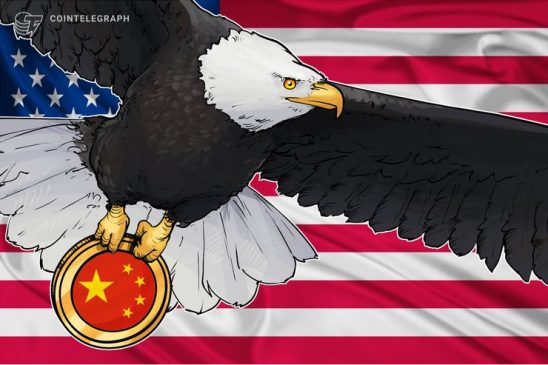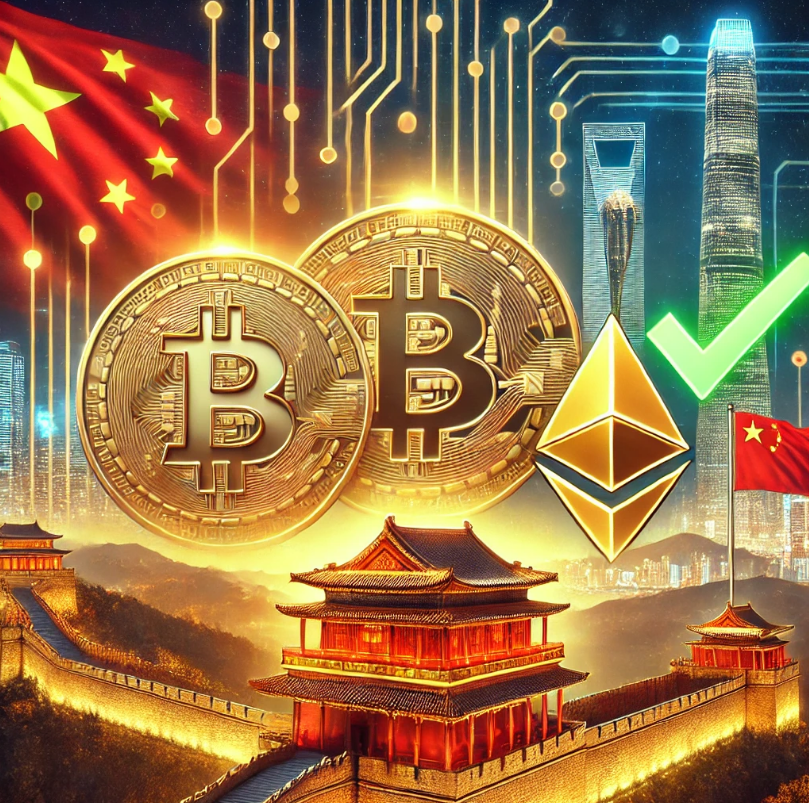Major mining hardware producers, such as Bitmain, Canaan and Ebang, could be affected by recently imposed U.S. sanctions on Chinese goods, Hong Kong’s English-language newspaper South China Morning Post (SCMP) reports Tuesday, Oct. 16.
Analysts cited by SCMP believe these tariffs could possibly affect China’s major mining hardware producers, as the technology was reclassified by the office of the United States Trade Representative (USTR) to fall under a stricter tariff regime.
This summer the Trump administration significantly increased U.S. tariffs on more than 250 Chinese goods. In June, the USTR reclassified Bitmain’s Antminer S9 as an “electrical machinery apparatus,” subjecting it to a 2.6 percent tariff. Additional tariffs were introduced in August, when fees were increased up to 25 percent on $267 billion of Chinese-made imports.
The 25 percent tariff combined with the previous regime means that mining hardware manufacturers face a 27.6 percent tariff, where previously there was zero. Ben Gagnon, the co-founder of Bitcoin (BTC) mining hardware developer LuTech, told SCMP:
“All manufacturers of mining rigs based in China will likely be affected by the tariff code change and, in turn, captured by the US trade tariff.”
SCMP states that, in 2017, overseas sales accounted for 8.5 and 3.8 percent of total revenue at Canaan and Ebang, respectively.
The new tariff regime could prove especially burdensome for Bitmain. According to its pre-Initial Public Offering (IPO) prospectus, foreign sales accounted for 51.8 percent of total revenue in 2017. Per an expert cited by SCMP, mining hardware sales accounted for 94 percent of the company’s total revenue in 2018.
On the eve of its IPO — aimed to raise anywhere from $3 billion to $18 billion — Bitmain faced some major challenges. As Cointelegraph previously reported, the hardware producer could face serious losses after investing a significant amount of its fund in Bitcoin Cash (BCH). Moreover, the company’s pre-IPO triggered numerous rumours as alleged participants, such as SoftBank and the Chinese IT-giant behind WeChat, Tencent, officially denied their participation.




